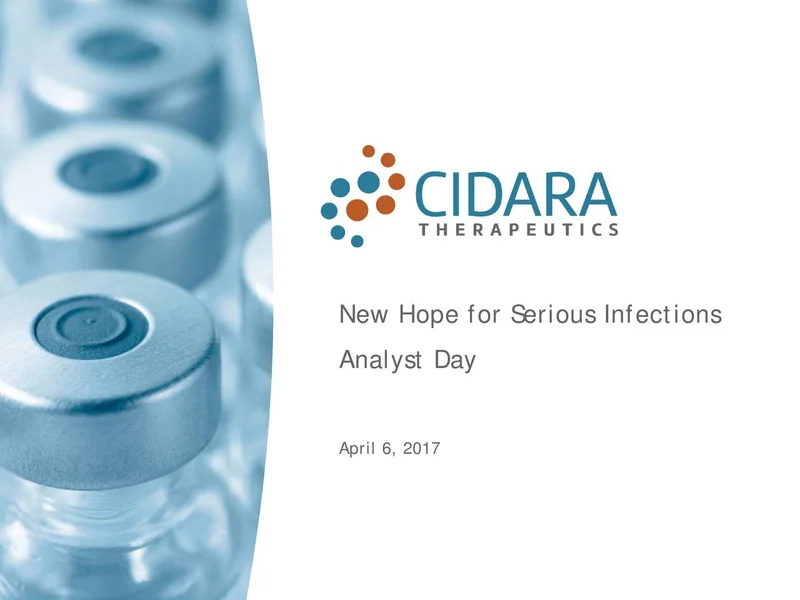Tracking Wealth Through the AI Lens
Tracking Wealth Through the AI Lens
Merck's acquisition of Cidara Therapeutics for a cool $9.2 billion has sent ripples through the market. The headline figure is eye-catching: $221.50 per share, a 108.9% premium over Cidara's previous closing price. Cidara's shares predictably doubled, hitting $217.89. Merck's, on the other hand, took a slight tumble, slipping 1.3%. Wall Street hates uncertainty, and big bets always carry risk.
So, what's Merck really buying? The key asset here is CD388, Cidara's experimental flu drug currently undergoing late-stage trials. The promise is significant: a single dose offering up to 76% protection against symptomatic influenza for 24 weeks, compared to a placebo, according to mid-stage trial data. This is where the narrative gets interesting, and frankly, a bit murky.
Merck is facing a looming patent cliff for Keytruda, their blockbuster cancer drug. That's the elephant in the room. The pressure to diversify is immense. They've nearly tripled their late-stage pipeline since 2021, a fact Merck executives are keen to highlight. The acquisition of Acceleron for $11.5 billion (for Winrevair) and the $10 billion buyout of Verona Pharma (netting Ohtuvayre) are prime examples. This isn't just about CD388; it's about buying time and optionality.
James Harlow from Novare Capital Management observes a "sense of urgency" at Merck. Urgency often leads to overpayment. Is Merck overpaying for Cidara? Courtney Breen, a Bernstein analyst, calls Cidara an "essentially a single asset story." That's a polite way of saying "high risk." Breen acknowledges the potential for late-stage, lower-risk revenue "at the end of this decade," but also cautions about the costs associated with diversification and market building. In other words, it's not a guaranteed win.

The comparison to a single lottery ticket comes to mind. The potential payout is huge – a universal flu preventative, not a vaccine, effective regardless of immune status. (That last part is crucial, given the current vaccine hesitancy climate.) But the odds… well, the odds are always stacked against the buyer in these situations.
And this is the part of the report that I find genuinely puzzling. A 76% protection rate in a mid-stage trial is promising, but it's not a slam dunk. We're talking about symptomatic influenza, not complete prevention. What about asymptomatic cases? What about the long-term efficacy? The trial aims for 6,000 participants by December 2025. That's a tight timeline. Will they hit that target, and will the data hold up under scrutiny? Details on the specific demographics of the trial participants are, notably, absent.
The non-vaccine nature of CD388 is a key selling point, as James Harlow points out, given the "uncertainty around the FDA and CDC’s views on vaccines." That's putting it mildly. The political climate surrounding vaccines is… charged, to say the least. CD388, as a drug-Fc conjugate combining zanamivir with a human antibody fragment, sidesteps that minefield. The "breakthrough designation" from the FDA is a positive sign, potentially speeding up the approval process. But breakthrough designation doesn't guarantee approval. It just means the FDA thinks it's promising enough to warrant closer attention.
It’s worth noting (self-correction for precision), that the reported equity value of the transaction is $6.96 billion, according to Reuters. So where is the other $2.24 billion going? Merck bets on flu prevention with about $9.2 billion deal for Cidara Therapeutics - CNBC
Merck is betting big on CD388, and by extension, on the future of flu prevention. They're diversifying away from Keytruda, facing market realities, and making bold moves. Whether this acquisition is a stroke of genius or a desperate gamble will depend on the data from the late-stage trials and the FDA's ultimate decision. The numbers, as always, will tell the real story. But for now, it looks like a calculated gamble, but it's a gamble nonetheless.